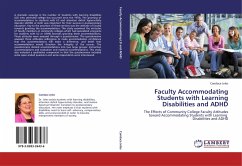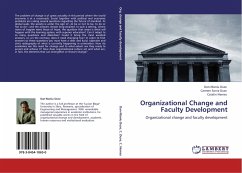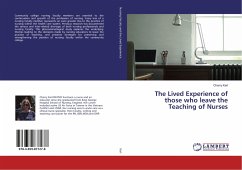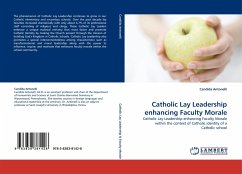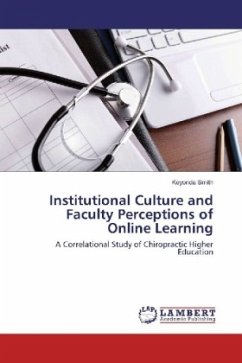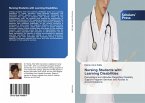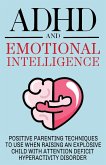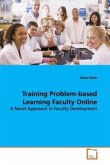A dramatic upsurge in the number of students with learning disabilities (LD) who attended college has occurred since the 1970s. The granting of accommodations to students with LD and attention deficit hyperactivity disorder (ADHD) or both was important for their success in postsecondary education. Key to the provision of these services was the attitude of faculty towards granting the accommodations. This study examined the attitudes of faculty members at community colleges which had specialized programs for students with LD or ADHD towards granting these accommodations. These attitudes were assessed through a questionnaire. The questionnaire assessed three attitudes: willingness to make accommodation confidence that the accommodations will make a difference, and belief that accommodations would threaten the integrity of the course. The questionnaire divided accommodations into two large groups: instruction accommodations and evaluation and material accommodations. This study alsoincluded a qualitative component in that the questionnaire included some open-ended questions and some respondents were interviewed.
Bitte wählen Sie Ihr Anliegen aus.
Rechnungen
Retourenschein anfordern
Bestellstatus
Storno

